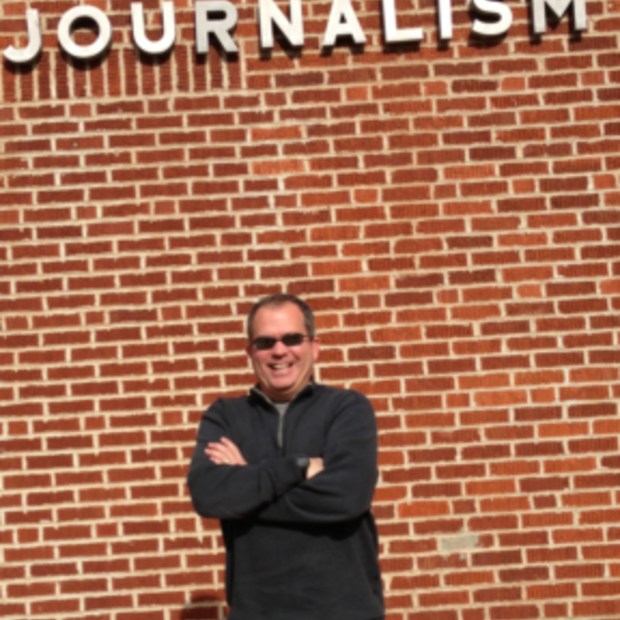If you were to take a pencil and draw a line that starts at the bottom of the page and then, like an ocean, builds into a towering wave, you would depict the history of Microsoft’s stock price. Between the early 1990s and the winter of 2000, the stock price drove almost straight up, creating an estimated 12,000 Microsoft millionaires.
Many of those beneficiaries were in their 20s and 30s during those golden years. The culture then was hard-charging, an argumentative meritocracy where executives and minions alike mixed it up with one another oblivious of the hour, the other person’s title, or, as we would later learn, how those emails might read in a federal courtroom.
I know because I was there.
Nineteen years ago this month I landed on the Microsoft campus as a 30-year-old new communications hire. Last Tuesday, after a long absence, I returned for the Microsoft Alumni Foundation’s 2012 reunion. A corporate alumni foundation is unique in American business. This one was created “to catalyze the collective power of the Microsoft Alumni Family and leverage our resources to make a difference for others.”
As alumni arrive at Microsoft’s sprawling campus just off the 520 in Redmond, a soccer game is underway on the company-provided turf field. In a scene familiar to alums, young software guys (most still seem to be men) are milling about along the sidewalks and hallways, arguing animatedly.
Approaching an entrance to the building, a company-contracted security guard smiles. “Welcome back.”
The purpose of the evening, according to the alumni association’s executive director Marylou Brannan, is to recognize the impact Microsoft alumni are having in the world. Tonight three alums will be awarded $25,000 grants to support the non-profits they either founded or now run. Nearly 600 of us will attend. In the most recent year, 900 alums gave away (through the foundation) nearly $100,000 in grants. Individually they give more.
The crowd is grayer than last time I saw them. They listen more and seem more patient.
In his 30s and 40s Allen Wilcox was a corporate attorney. Now he runs Village Reach, a global development and health agency. Later in the evening he will be one of three award winners.
I am interested in asking each of the finalists one simple question: How different is their impact now — as founders, board members and non-profit employees working on tough domestic and global challenges — from their impact as Microsoft employees?
“Did I make a little contribution in a big machine? Sure,” says Wilcox. “Now I still make a small contribution in the very big system of global health, but it is important and it helps to improve lives.”
Wilcox is philosophical tonight. Age, he reflects, causes you to think about giving back. Like many of his colleagues, he wasn't interested in starting all over in a new field. He just wanted to have impact. And like a lot of his colleagues, there was no “a-ha” moment in which he felt compelled to help the poor.
“I just read a lot of books.”
Bob Powell had two careers at Microsoft before he created a low-cost, fuel efficient cook stove for poor women in Africa for BURN Design Lab.
“By the end of my Microsoft career I was not contributing what I wanted and I was not contributing at my pay grade.”
He had always wanted to be a machinist and design mechanical parts, so he started a machine shop. Then he decided he wanted “a greater purpose than just making parts.”
His move took him from business software to hardware with a purpose.
Another award winner is Jabe Blumenthal, who worked on the first version of Excel and was reportedly the company's first program manager. He started at Microsoft in 1982 on his 22nd birthday.
Which has had a bigger impact, Excel or Climate Solutions, where he is now co-president of the board?
“Would Excel have happened anyway? Yes, Excel would have happened. The two guys who did VisiCalc [the first spreadsheet for the PC] really did something. It would not have happened without them," he says. "It’s not as clear to me that Climate Solutions would have happened. It's a bigger delta now. That said, I’m a dilettante working with people who have been at it [climate change] for many years.”
Bill Henningsgaard, a 14-year sales and marketing executive at Microsoft, thought for only a moment when asked to compare the impact at Microsoft and the impact he has now at Social Venture Partners and Eastside Pathways. Bill, his wife Susan and others founded Eastside Pathways to help the city of Bellevue, the school district, and leaders from more than 30 organizations to unite around common goals and to leverage their shared resources to support every child from “cradle to career.”
“This work now has a bigger impact on me. There was more scale at Microsoft, but I live this.”
By the time alumni head out, the campus is dark. From across the walkway I spot a yawning Microsoftee exiting his building, heading my way toward the parking garage.
The road ahead beckons.


